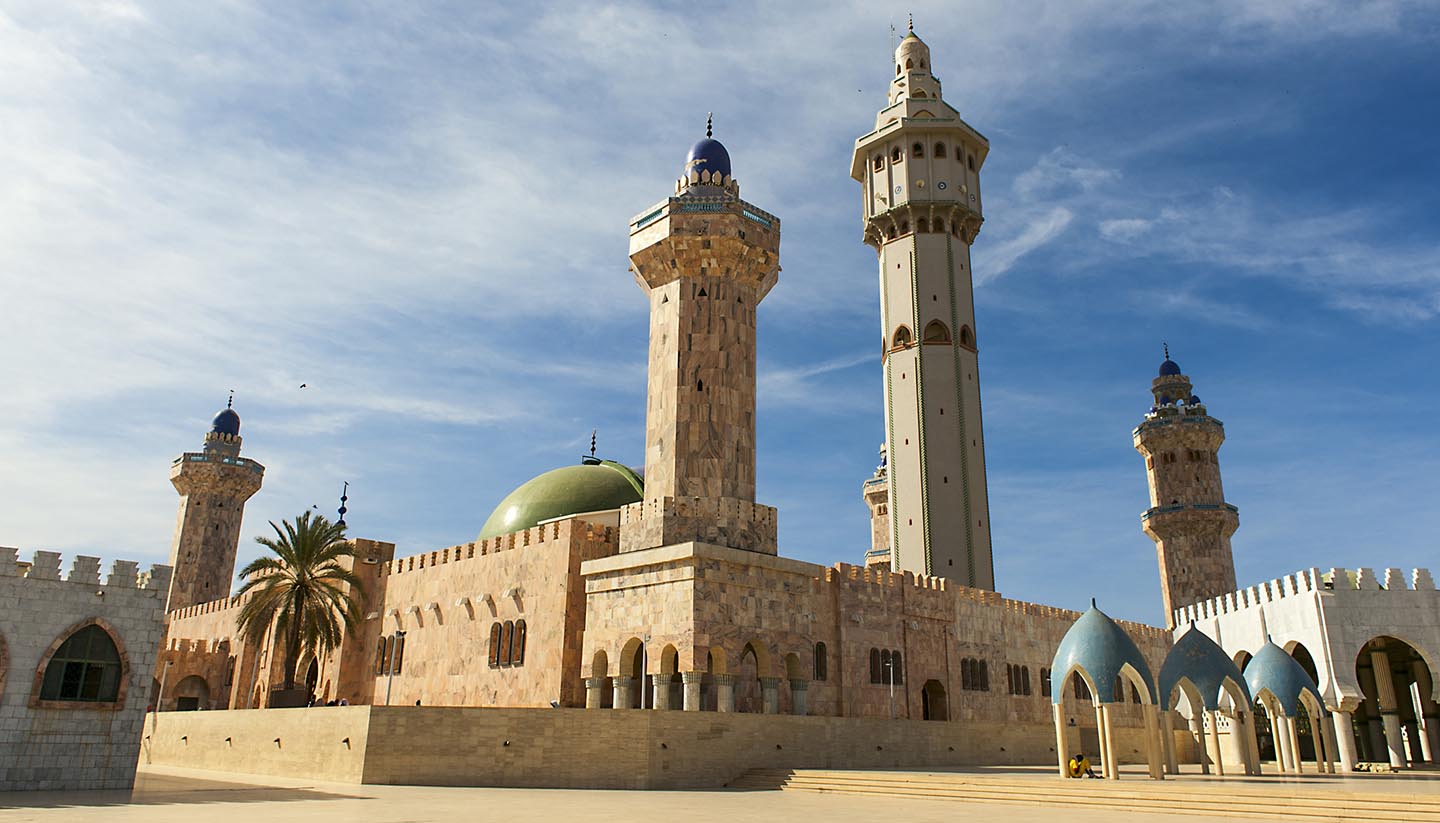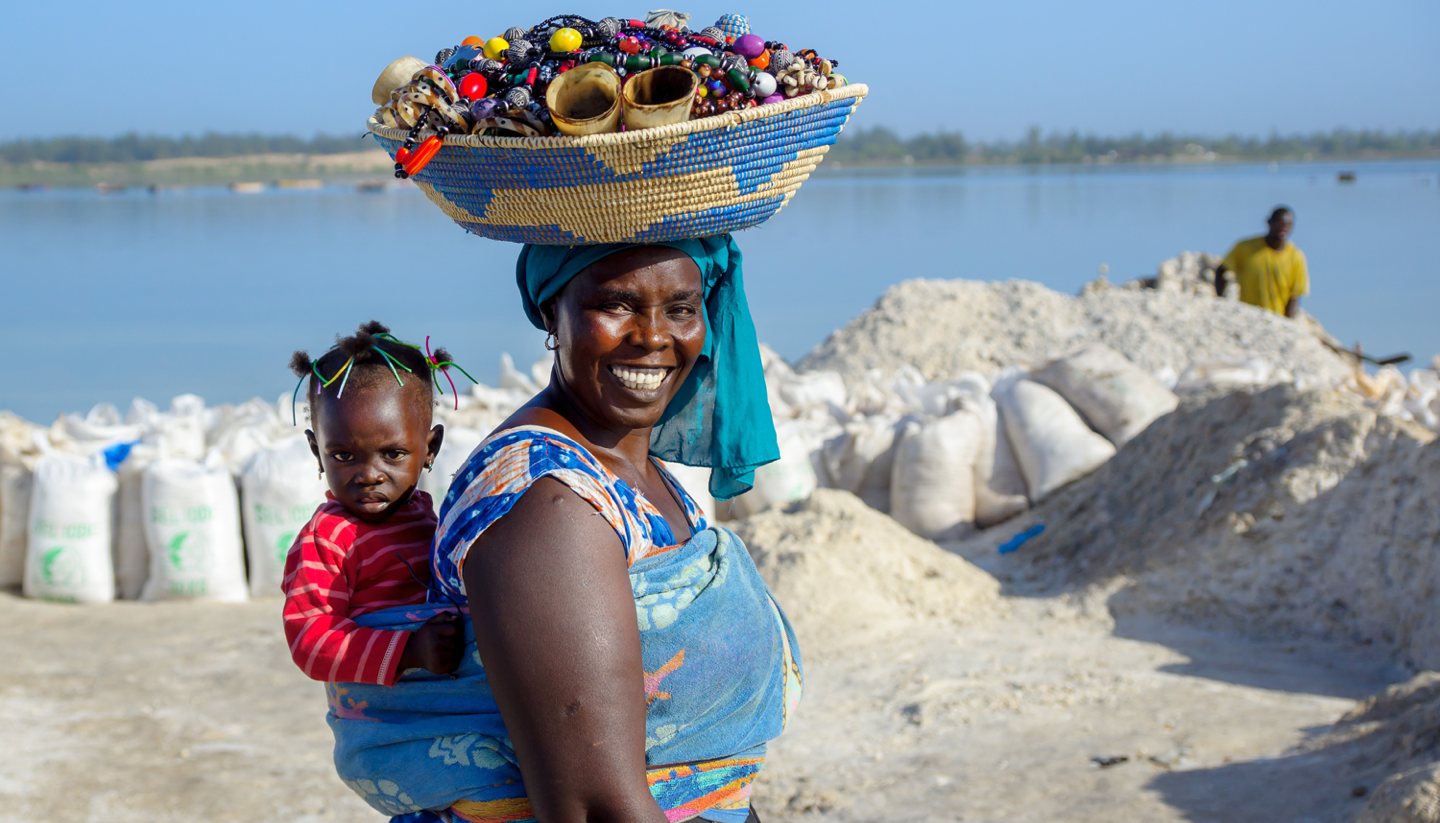Senegal History, Language and Culture
History of Senegal
Senegal has been part of many kingdoms and empires historically, including the kingdoms of Ghana and Djolof prior to the 15th century. Trade with the Arabs was active and soon Islam arrived by the 11th century, although many local people still retained an element of animism.
Europeans arrived in the 16th century. The Dutch purchased the Gorée Island in 1627 while the French built a factory on N'Dar, an island that became the old town of Saint-Louis. The French took over Gorée in 1677, making these two spots as active bases for slaves bound for the New World.
In 1959, Senegal formed a federation with French Sudan (Mali) to create the Federation of Mali. The federation gained independence from France in 1960 but soon fell apart, resulting in two sovereign nations of Senegal and Mali. Léopold Sédar Senghor, a renown poet and politician, became Senegal's first president and ruled for 20 years.
Senegal has played a prominent role in African politics since its independence. Its presidents have widened Senegal's diplomatic relationships with other parts of Africa while maintaining close economic, political and cultural ties to France.
In 1982, Senegal and the Gambia (which is largely engulfed within the borders of Senegal) formed the confederation of Senegambia. But the integration didn’t work out and the federation was dissolved in 1989.
Did you know?
• Standing at 49m (161ft) tall, the African Resistance Monument in Dakar is the tallest statue in Africa.
• Since independence in 1960, Senegal has sent athletes to every Summer Olympic Games. The country won one silver medal in 1988, by Amadou Dia Ba in the men's 400m hurdles.
• There are seven UNESCO sites in Senegal: Bassari Country, Djoudj National Bird Sanctuary, Island of Gorée, Island of Saint-Louis, Niokolo-Koba National Park, Saloum Delta and Stone Circles of Senegambia.
Senegal Culture
Religion in Senegal
Around 95% Muslim, 4% Christian (mostly Roman Catholic with some Protestants) and a minority holds traditional beliefs.
Social Conventions in Senegal
Senegalese are sociable and greetings are common. Visitors should make an effort to learn greetings in one of the local languages, and a knowledge of basic French is also advisable. Handshaking between friends, regardless of how many times a day they meet, is common.
Islam is the predominant religion in Senegal so visitors are advised to dress modestly. Casual wear is widely acceptable but scanty swimwear should be reserved for the beach. Smoking is prohibited in some public places (especially mosques).
Language in Senegal
The official language is French. There are many local languages, principally Wolof. Other languages include Pulaar, Mandinka and Balanta-Ganja.



